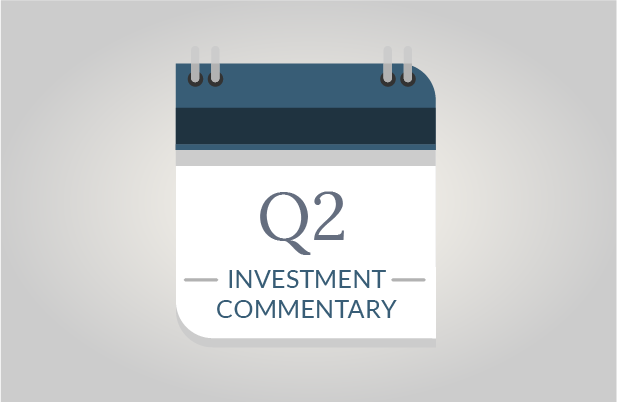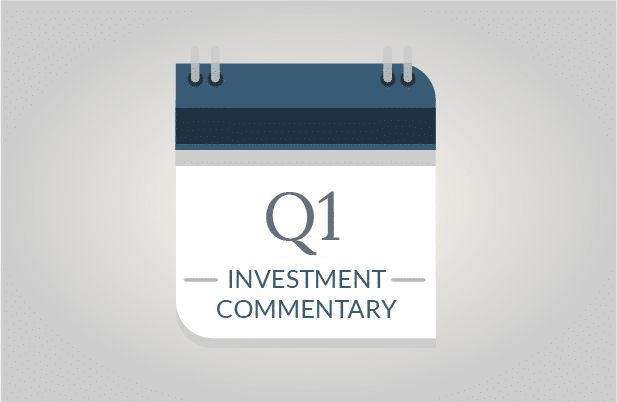Hopefully you’ve heard the adage of “buy low, sell high.” With segments of the stock market experiencing significant recoveries, this is an important concept in terms of your investment strategy. We explore what we’ve been doing as part of our disciplined investment management process and considerations at a broader level.
Buy Low, Sell High
Ideally, it’s best to buy stocks when their prices are low and to sell stocks when their prices are high. However, this doesn’t mean that you should only buy and sell under these circumstances. Doing so could lead to market timing, which is difficult to impossible to do. We strongly advise against market timing.
Rather, following a disciplined approach to investing with a principle of buying low and selling high is strongly recommended, ideally maintaining a long-term investment strategy in the process. This means adopting a strategy with a target allocation to stocks. Then, maintaining a disciplined approach to:
– buy more into stocks when stocks decline
– sell some from stocks when stocks rise
Responding to the Current Market Environment
The current market environment has led to opportunities to buy and sell as part of traditional rebalancing within a stunningly short timeframe. Stocks dramatically declined in February and March, but began an amazing recovery over the past few months. Some segments of the market have already returned to pre-coronavirus levels.
We feel that it’s important to be responsive to the current market as part of our ongoing investment management supervision. As such, we implemented stock purchases in late March, very close to the market bottom. We’ve since implemented stock sales over the past several weeks (as appropriate client by client). We’re not trying to time the markets, but rather maintain our discipline on your behalf.
Will the Markets Decline Again?
We are always honest, and will tell you that neither we, nor anyone, can predict if the markets will decline again. Thus far, the markets have defied all odds, staging one of the strongest recoveries in history while the economy and unemployment remain at troubled levels. Coronavirus cases have risen significantly since states have lifted restrictions, but the markets have still risen. There are a number of reasons as to why we’re experiencing a COVID-19 bull market in a bear market environment. Namely,
– Stocks are forward looking, and typically rebound before a true economic recovery occurs.
– Significant government support.
– Many believe coronavirus impacts will be temporary.
– Businesses are opening.
– Medical progress is occurring at warp speed.
What if States Close Again?
This is a distinct concern for many reasons that extend far beyond the stock market. However, in terms of stock performance, we could see stocks decline, but not necessarily. A primary reason why stocks might remain elevated is the fact that the world is making medical progress toward a vaccine. We’re still months away from vaccine production, but we’re getting closer with many vaccine trials showing positive results. This ray of hope could help to support the markets, while recognizing that nothing is ever certain.
Personal Considerations
While we’re looking at our clients’ bests interests in terms of appropriate investment positioning for the assets we manage on their behalf, there are a number of personal considerations everyone should evaluate. These include:
– Outside Cash Balances: Are your personal cash balances running low or sitting at high balances? Both could be factors to consider relative to your investment positioning.
– Outside Investments: If you have investments that we’re not managing on your behalf, have they been evaluated to determine if repositioning is appropriate? We’re happy to discuss with you.
– Potential Changes in Employment or Cash Needs: If you are expecting your cash needs to change relative to employment or other reasons, such changes should be discussed relative to your investment positioning. It’s always important to keep us apprised of such changes.
– Your Risk Tolerance: If you’re not sure how well you might respond to a future market decline (as there will always eventually be one), it’s best to discuss this now while the markets are doing fairly well, versus later at potentially lower levels.
We always welcome discussions to ensure we’re making the best decisions on your behalf and to give you guidance that aligns with your financial needs and objectives. Please don’t hesitate to contact us. We’re here to help.




